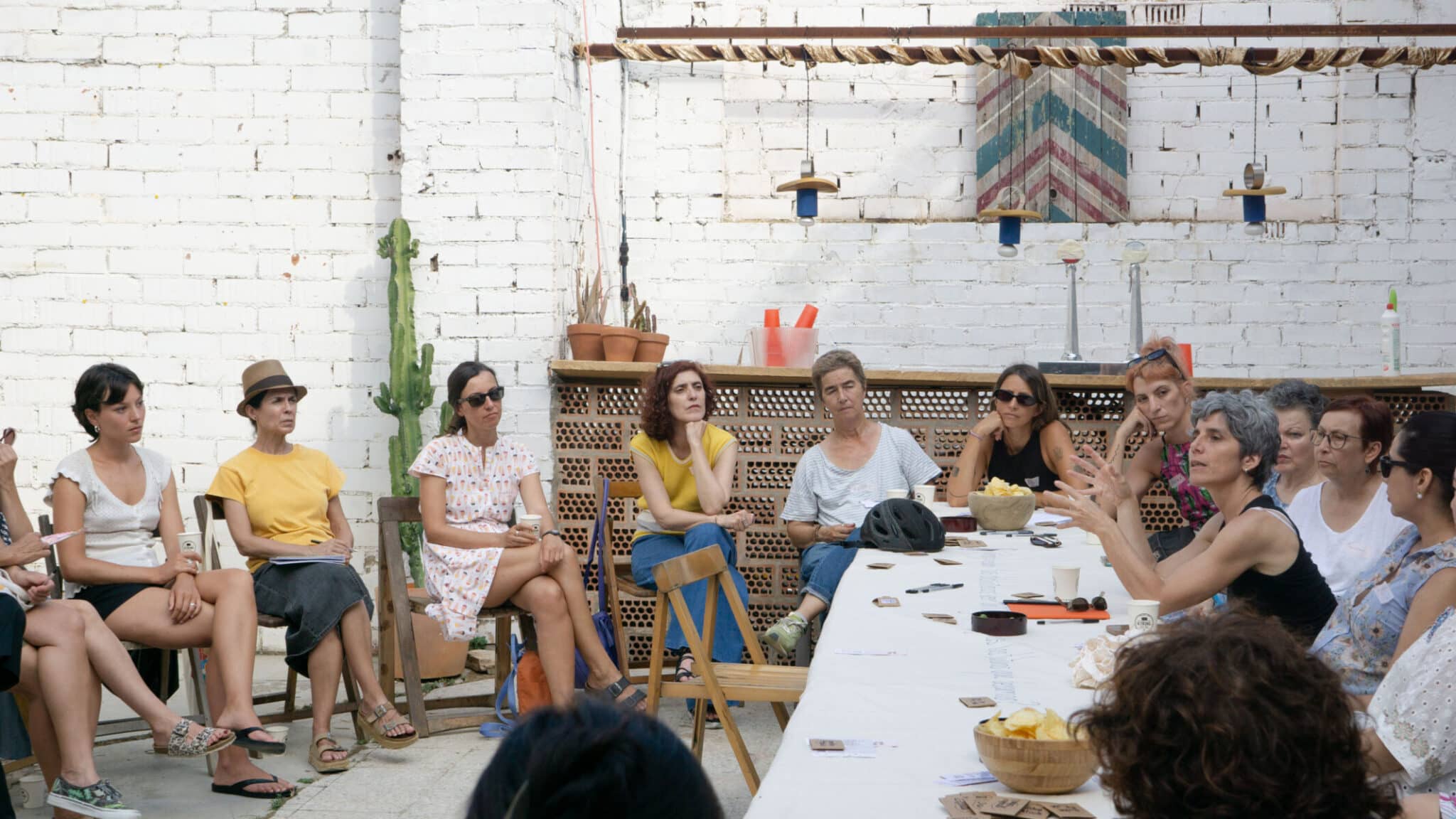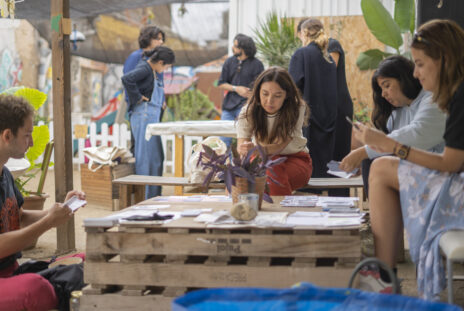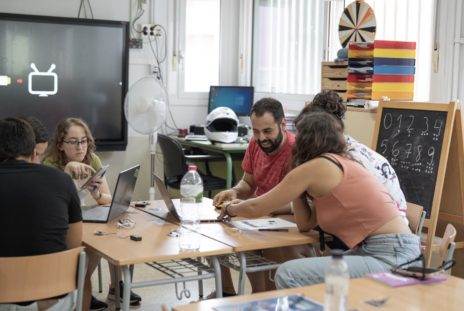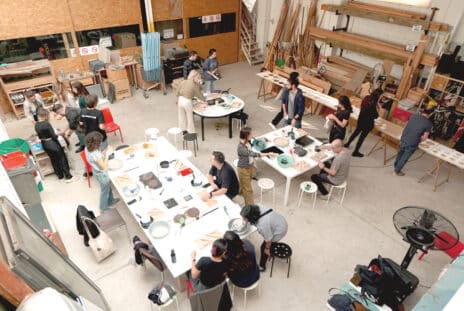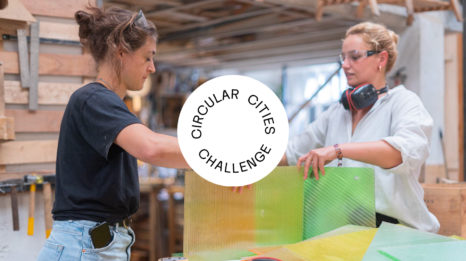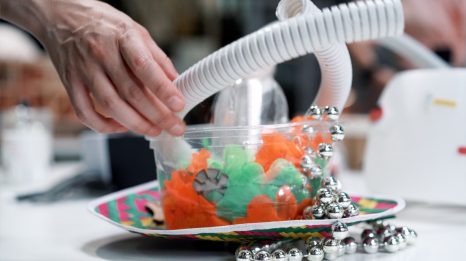
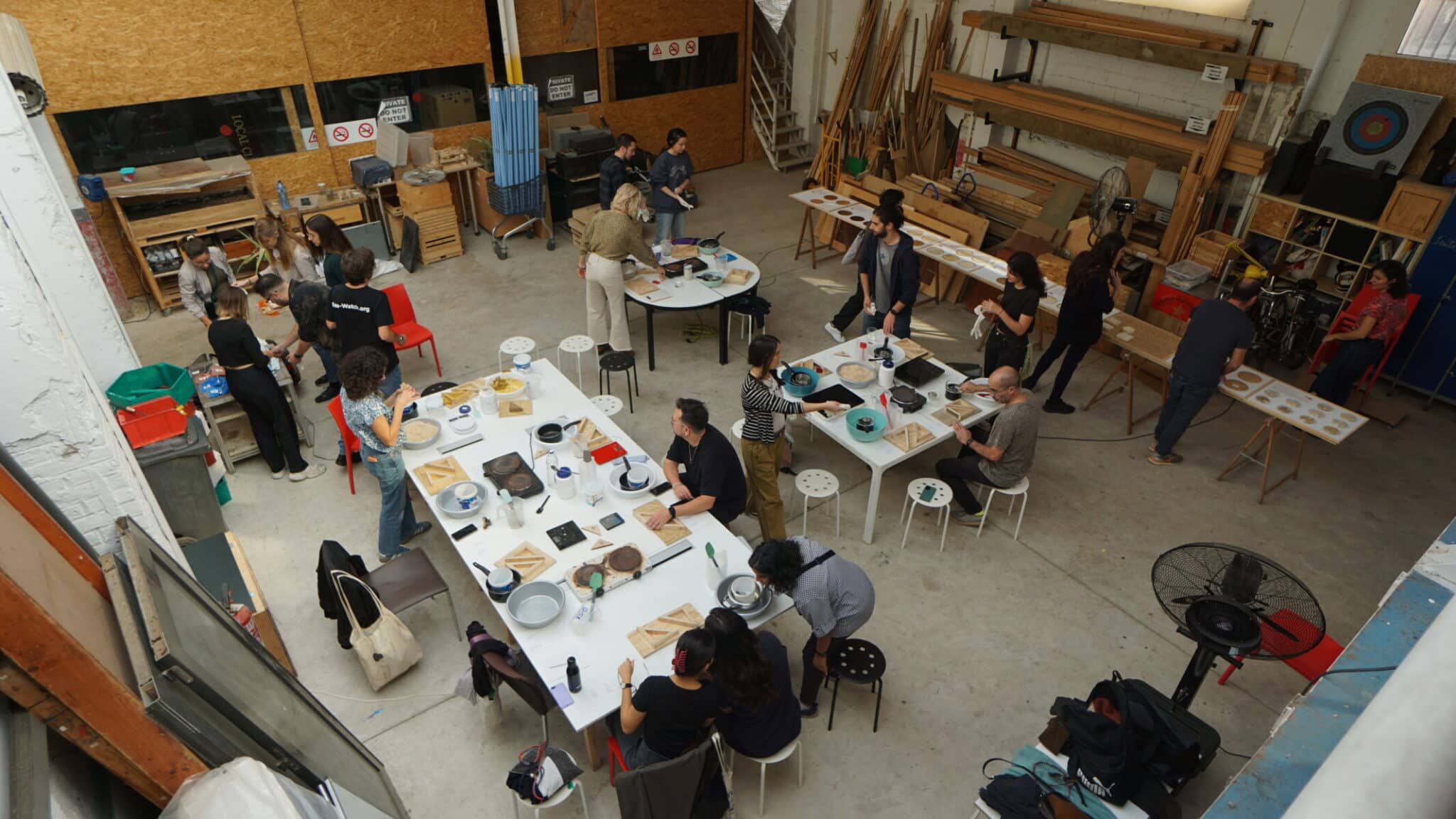
Smart Citizen Blog Post Smart Citizen meets Meshtastic hackathon at FAB25: What we achieved and what's next
read more




Smart Citizen Blog Post Smart Citizen meets Meshtastic hackathon at FAB25: What we achieved and what's next
read more



🚀 Design for tomorrow: Explore MDEF!
New stories 👀 Read all about them!
Fab Academy Pre-registrations Open 🤖 Contact us!
🚀 Design for tomorrow: Explore MDEF!
New stories 👀 Read all about them!
Fab Academy Pre-registrations Open 🤖 Contact us!
We are a research and education centre rethinking the way we live, work and play!
Education Programs
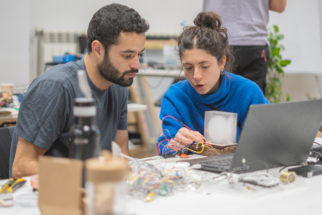
In house programs
Master in Design for Emergent Futures – MDEF
Challenge the Way Things Work Today, Design for Tomorrow
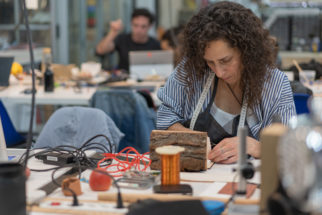
In house programs
Postgraduate in Digital Fabrication – Fab Academy BCN
Hands-on learning experience and learn rapid-prototyping.
Our latest projects
Hot from the blog
Stay in the loop
RESOURCE
Fab City: The Mass Distribution of Almost Everything
A manual for making positive engaging urban futures possible
read more
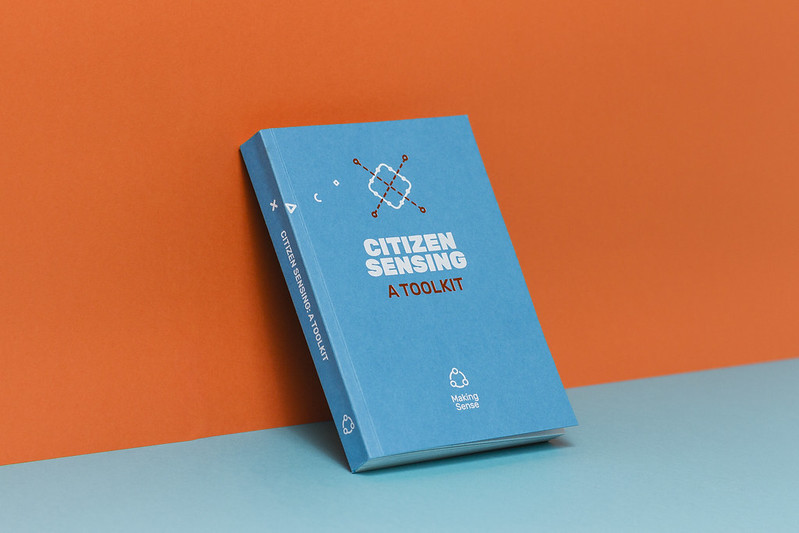

RESOURCE
Fab City: The Mass Distribution of Almost Everything
A manual for making positive engaging urban futures possible
read more


RESOURCE
Fab City: The Mass Distribution of Almost Everything
A manual for making positive engaging urban futures possible
read more
🚀 Design for tomorrow: Explore MDEF!
New stories 👀 Read all about them!
Fab Academy Pre-registrations Open 🤖 Contact us!
🚀 Design for tomorrow: Explore MDEF!
New stories 👀 Read all about them!
Fab Academy Pre-registrations Open 🤖 Contact us!



